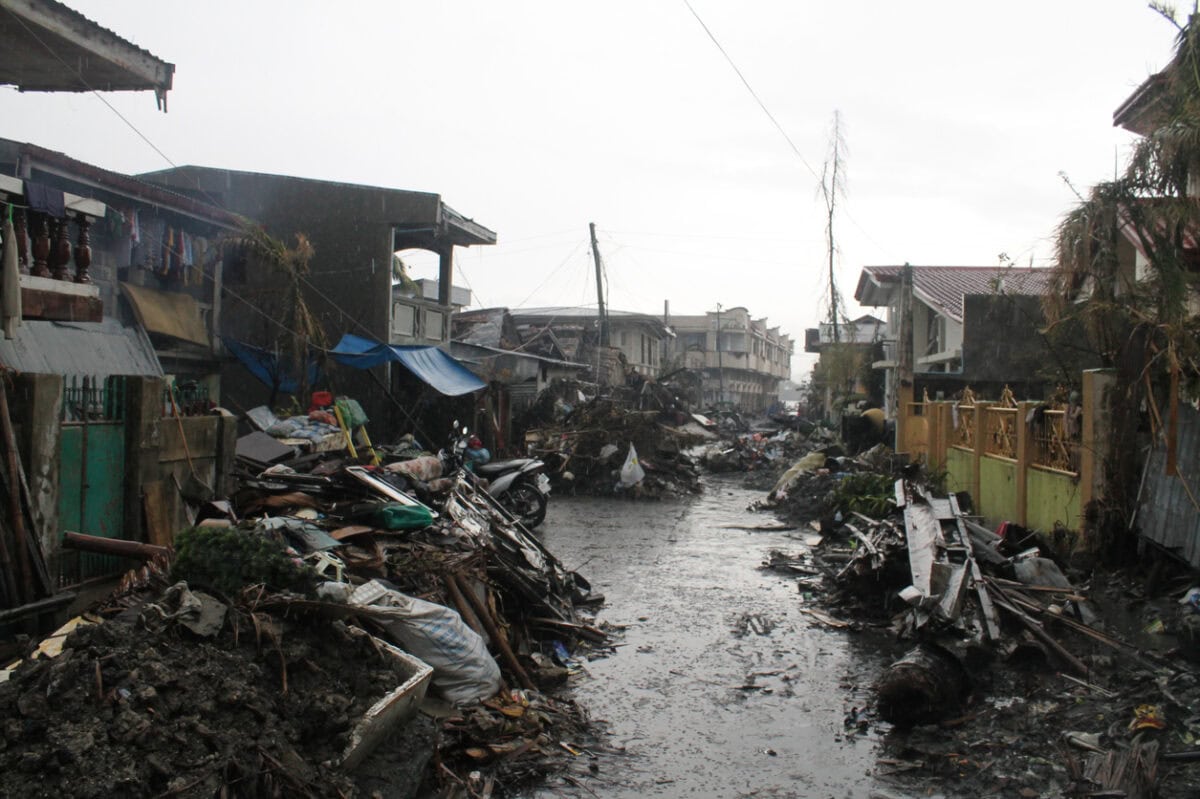The most popular solution to physical and psychological occupational health and safety (OHS) problems is leadership. Leadership is crucial to implementing changes to work processes and policies that can prevent harm, yet we often view leadership as executive benevolence, without really examining executive leadership in modern workplaces.
Looking at current leadership traits through a different lens may help us understand why it continues to be so difficult to improve worker health and safety.







